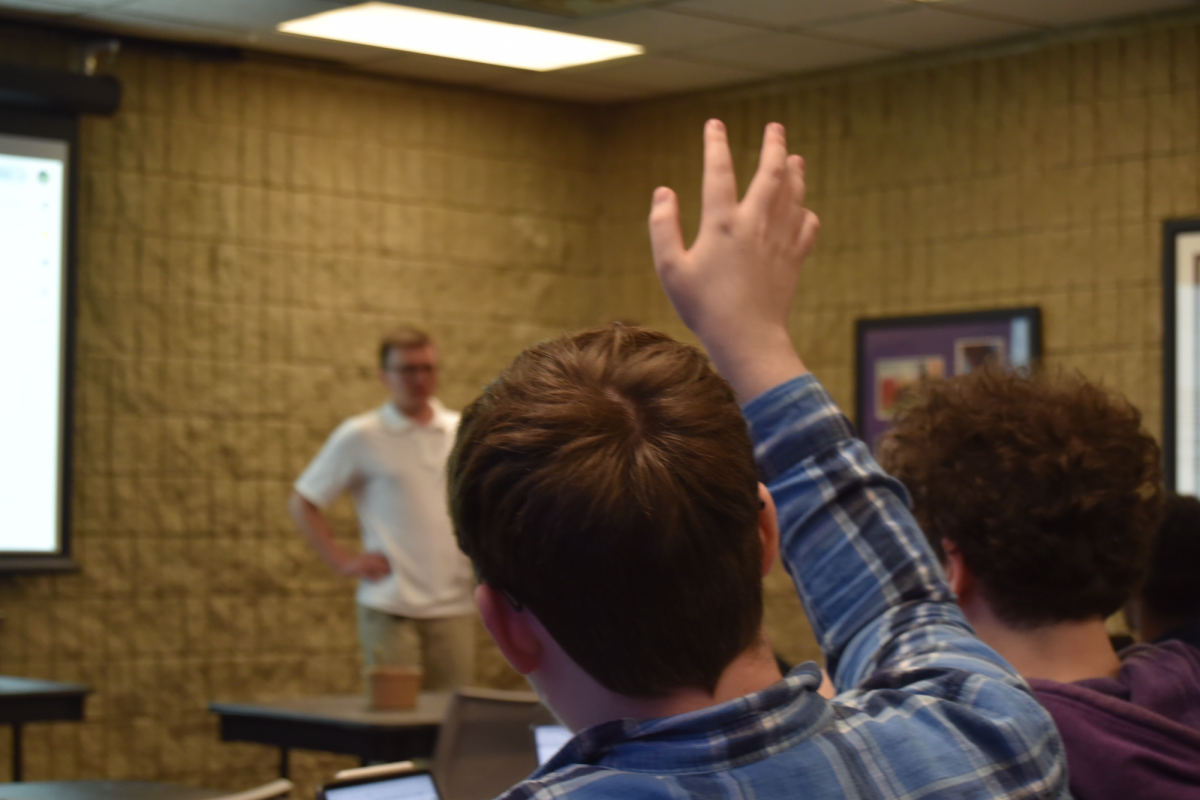Anthropology Prof. Shalini Shankar is both a scholar with a deep interest in her research of sociocultural anthropology and a guide for students in her classrooms.
Shankar published two books about South Asian American youth in diverse high schools and about Asian American ad agencies in the United States in 2008 and 2015, respectively.
Shankar sat down with The Daily to talk about why she chose anthropology, her time at Northwestern, and her sociocultural and linguistic anthropology research that focuses specifically on youth, culture and language.
This interview has been edited for brevity and clarity.
The Daily: What did your career look like before coming to NU? Did you always know you wanted to be an anthropologist, or did you originally have another profession in mind?
Shankar: I had never heard of anthropology when I got to college. In fact, I was planning on doing pre-med because I had always thought being a physician would be a really good fit for me and I liked biology. What I realized was that you also need to like chemistry, which did not agree with me, and in the meantime, I also discovered the different kinds of social sciences that my high school didn’t offer. I was really drawn to anthropology after taking a class, just by chance, called “Race, Culture and Ideology.” Something really resonated with me and it felt very engaging and compatible with how I want to think about the world.
The Daily: What are your main research interests in anthropology, and what are your research interests right now?
Shankar: I’m interested in the nexus of youth, culture, language and media. … I’m currently looking and working on a few things simultaneously. One is looking at the caste system as it affects South Asian immigrants in the United States and trying to understand what it is about caste inequality at its current moment that has caused it to become so visible in U.S. public culture. … The other thing I look at is generational cohorts. I wrote a book about Gen Z. One of the things people know little about is my generation, Gen X. … I think that people in all of the kinds of inquiries about these categories really tend to privilege a white mainstream and don’t look more systematically at how racial and linguistic differences could shape not just people’s experiences, but the kinds of contributions that they make that centrally give shape and direction to generational categories.
The Daily: What drew you to being a professor and stepping into the classroom?
Shankar: Many, if not most professors, at least in my generation, are not taught how to teach, which seems counterintuitive. We learn ourselves. We’re just supposed to be the subject area experts and somehow just know how to convey that effectively to other people. So, teaching has been a really exciting challenge over the years. … How do I explain basic concepts and theories in my field? How do I explain things and create analogies that make sense for people who are coming of age in an era that I’m less familiar with because I don’t experience what they are experiencing? As I’ve gotten further into my career, I’ve had to tend much more centrally to that, and one of the things that I love about teaching, especially at Northwestern, is that I get to ask students all kinds of things that I don’t understand, and ask them to explain things to me from their world. … So much of teaching is about relating information in a way that is accessible to people so that they can actually make sense of it, not just to memorize it or perform it, but actually think about it as an idea that they can then apply in their lives.
The Daily: What is your favorite part about being a professor at NU?
Shankar: Does it sound too cloying if I say the students? Because I can’t lie about that. Especially the undergrads. They consistently amaze me in terms of their desire to learn and question things, and how they have to balance that against the unrelenting pressure of getting a certain GPA and finishing all of their pre-professional requirements. They’re doing the thing that I wasn’t able to do. And anytime someone can do what you can’t do, you have to admire that, right? I admire the way that students, especially today, are able to balance so much. And I know it takes a toll, but the fact that they’re so ambitious and they still care about wanting to understand the world from a social science standpoint, is a really beautiful combination.
Email: [email protected]
Related Stories:
— Q&A: Spanish Prof. Reyes Morán talks her teaching journey
— From Georgia to Weinberg: Ambassador in Residence Ian Kelley shares insights on his career
— Q&A: Prof. Paola Zamperini recounts her start in NU’s Department of Asian Languages and Cultures







